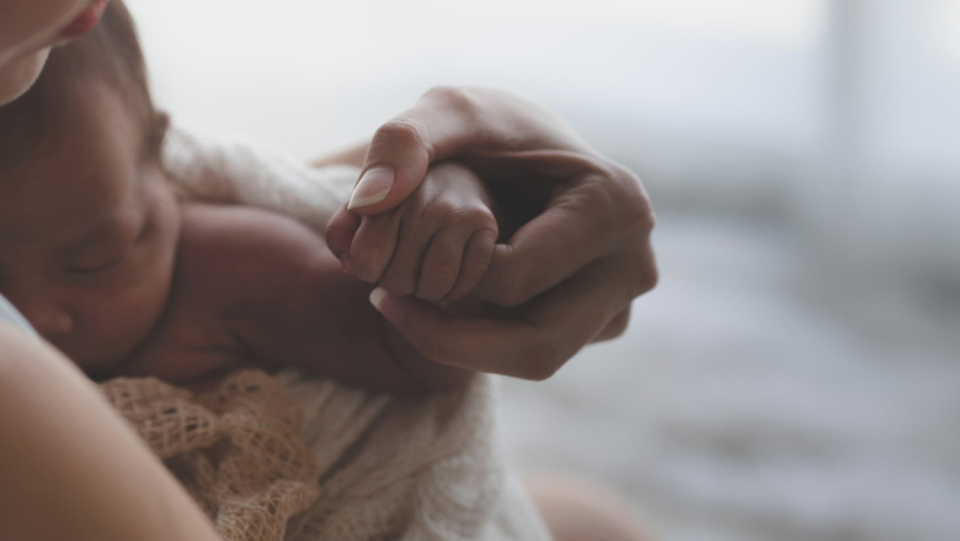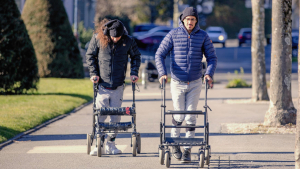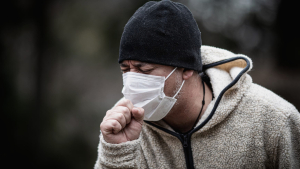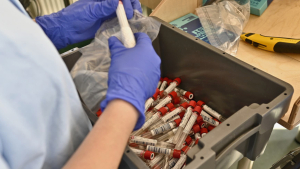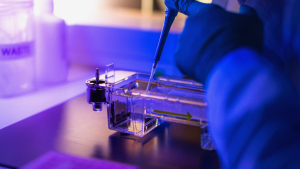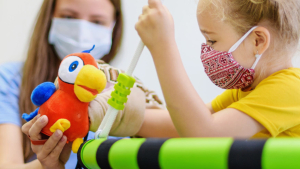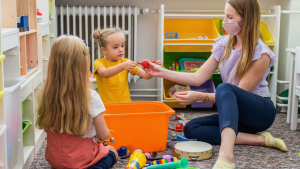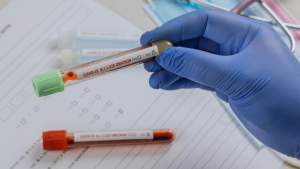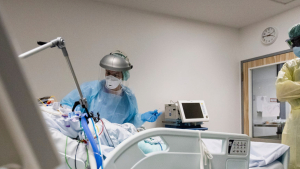Every single vaccination counts on the way to ending the corona pandemic. Currently, anyone and everyone from the age of 18 can get vaccinated against the coronavirus in Germany. But some people are worried about one claim: the corona vaccination makes you infertile, it is wrongly said.
The fact is: there is no evidence that vaccination affects fertility. Because the rumor is so persistent, the Robert Koch Institute (RKI) goes into it in a question and answer piece. In the area of "Vaccination for pregnant women, breastfeeding and with the desire to have children" it says with the allegation, which is particularly common on the Internet: "This statement is wrong" and delivers numerous points that refute them.
For example, in the non-clinical studies prior to the approval of the vaccines, there was no evidence of the occurrence of infertility after vaccination. In the approval study of the manufacturer BioNTech, twelve women among the vaccinated and eleven women in the group with placebo administration within the follow-up period of two months became pregnant.
Corona vaccination has no influence on the hormone level
The RKI also calls a study from Israel from May 2021. Data from 36 couples who were in treatment for artificial insemination and were vaccinated during this time were evaluated. In terms of the number and quality of the eggs obtained and the sperm parameters examined, there was no difference before and after vaccination, the institute announced.
An Israeli study from December 2021 also dealt with female fertility in connection with the corona vaccination. At the Schiba Hospital near Tel Aviv, the level of the anti-Müller hormone was monitored in 129 women who were fully vaccinated with BioNTech. This gives information about how many eggs a sexually mature woman produces. The result was that the vaccination had no effect on the hormone level.
According to a study by the University of Miami, men do not have to worry about their fertility due to vaccination: Before and after two doses of an MRNA vaccine, the sperm of the 45 men between 18 and 50 years were equally fit.
The placenta is not a target of mRNA vaccines.
How could the false information that vaccination made women sterile at all? Researchers from the University of Jena provide a possible answer to this: They refute an assertion that is common on the Internet, which were directed against components of the placenta after the MRNA vaccination. "Neither from the previous experiences with pregnant women who have Covid-19, nor from the perspective of placenta research, the claim can be proven," says Ekkehard Schleussner, director of the Obstetrics Clinic.
The mRNA vaccine produces a kind of spike protein of the coronavirus. The virus protein is similar to the protein syncytin-1 in a tiny part. This is involved in the formation of the placenta during pregnancy. However, the similarity is limited to a sequence of 5 of 1273 amino acids in the spike protein and 538 amino acids in the syncytin-1 protein. The sequences are not even identical, as they differ in the middle amino acid.
"So here the myth should have its origin," writes the University of Jena. For years, however, antibodies to protein were used in the therapy of certain autoimmune diseases that is much more similar to Syncytin-1 protein. Numerous experiments showed that this had no influence on placenta development.
In addition: If the vaccination would make infertile, then it would have to do a corona infection even more, emphasizes the University of Jena. Because in an infection, the potential antibody formation is significantly higher and also less calculable than with a vaccination.
There is no particular similarity between the Spike Protein of Sars-Cov-2 and the protein Syncytin-1, which is important for the formation of the Placenta, virologist Lars Dölken from the University of Würzburg told the German Press Agency. And the RKI adds: »After this logic, the infection with Covid-19 would have to make sterile. However, this was also not observed worldwide. "
So far, more than seven million laboratory-confirmed Covid-19 cases have been transmitted to the RKI in Germany. According to the current situation report of Monday, 3 January 2022, the values for the 7-day incidence in the federal states were between 468.6 per 100,000 inhabitants in Bremen and 161.3 per 100,000 inhabitants in Rhineland-Palatinate. (asw)







